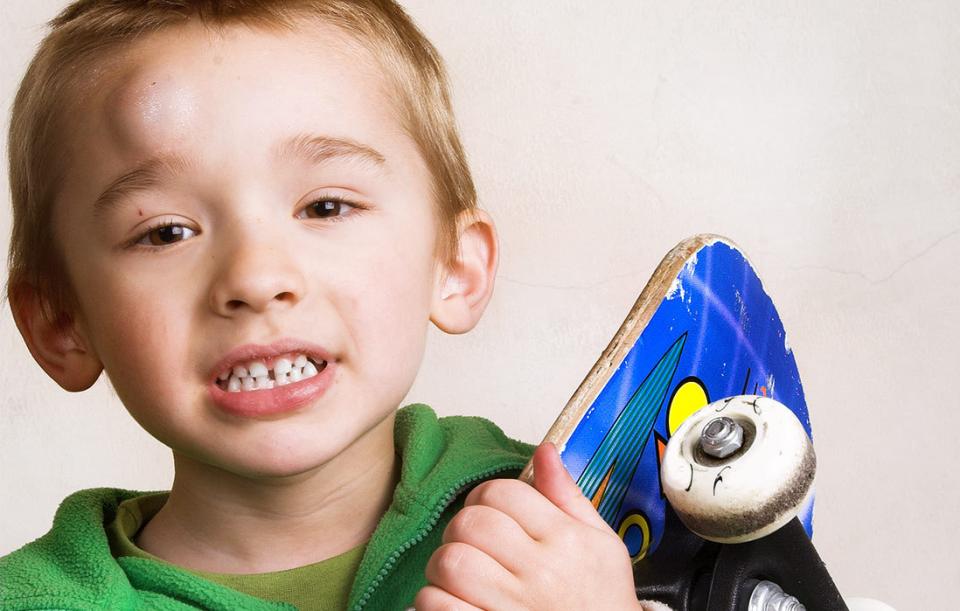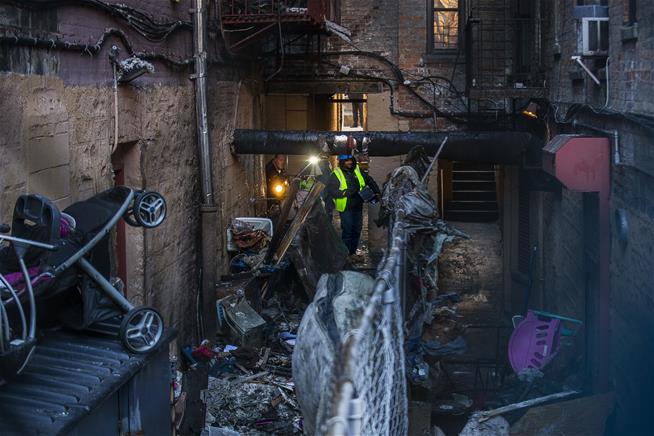Originally posted by: www.parenting.com
Many parents don’t know as much about children’s head injuries as they think. For example, were you aware that it’s okay to let a child with a concussion sleep? Or that allowing a concussed child to continue to play can lead to serious complications?
We talked to Kevin Walter, M.D., from the Children’s Hospital of Wisconsin in Milwaukee to find out what parents really need to know about head injuries that, according to Brainline.org, affect between 1.6 and 3.8 million American kids each year.
1. There are two age groups most at risk for head injuries.
According to the CDC, young children who are 0-4 years old and teens who are 15-19 years old are most likely to sustain traumatic brain injuries.
“Before the age of 4, kids don’t have good head and neck muscle control and lack coordination,” Walter explains.
Middle-schoolers and high-schoolers are at risk due to their participation in athletics.
“They are also engaging in more risk taking activities like riding bicycles and driving vehicles,” Walter says.
2. Concussions are brain injuries.
Parents should take them seriously.
3. Concussion symptoms are different for everybody.
Kids will react differently to being concussed.
“The main symptoms to look for are headache, dizziness, nausea, confusion, feeling off or feeling foggy,” Walter says. Kids younger than 2 may exhibit, “excessive irritability, they may be sleeping unusual amounts, and if they can’t be comforted, that should raise red flags.”
Learn more about symptoms of a concussion on the Children’s Hospital of Wisconsin’s website.
4. Everyone who is concussed should be seen by a doctor.
“The question is, can you wait to see your primary care physician until the next day or should you rush to the ER?” asks Walter, who echoes the main concern on most parents’ minds when their child sustains a head injury. His recommendation: call your primary doctor first, but “perhaps be more aggressive with a younger child.”
How quickly you seek medical attention also depends on your comfort level. If this is your first experience with a bump on the head,you may want to go to the emergency room. If your child’s symptoms get worse or he’s experiencing severe headache, vomiting, loss of consciousness or seizures, don’t wait.
“When in doubt, get seen immediately. You’re never wrong to go to ER with a concussion,” Walter says.
5. After 4-6 hours, parents can worry less.
“We are less concerned about a more severe injury like a brain bleed, brain swelling or fracture after this period of time,” Walter explains.
Of course, worsening symptoms, like vomiting or severe headache, should never be ignored.
6. A child with a concussion can sleep.
The old-school logic about head injuries and kids was to wake them every few hours to make sure they were responsive.
“This actually works against healing,” says Walter. “We want them to get rest.”
7. Concussions typically do not cause any long-term damage.
“We expect complete recovery,” Walter says.
8. A concussed child should never continue to play.
Whether it’s on the playground or the football field, when a child sustains a concussion, he or she should rest—always. Otherwise, the child is at risk for a more severe injury or even death. Even if you suspect your child may have a concussion, he or she should be removed from play.
Dr. Walter stresses, “They should never return to play on the same day. They should never return to play without a medical evaluation. They should never return to play while still symptomatic.”
9. Coaches of children’s sports teams aren’t always educated about head injuries.
The CDC offers a free concussion webinar to help train adults involved in youth sports on what to do in the event of a head injury. Walter also recommends the NFHS concussion webinar.
“Education and awareness are the most important tools for successfully treating concussions,” Walter says.
He adds that all coaches should have a plan in place for how a head injury will be handled, both in the short and long-term.
10. It’s vital to ask the right questions.
A teen athlete may be hesitant to admit he or she is injured. Simply asking, “Are you okay?” is not enough. Interact with and observe the injured child, and when it doubt, keep them out of play.
11. Supporting a concussed teen athlete is key to recovery.
Walter says 80 to 90 percent of concussed kids will return to normal within 2 to 3 weeks. In the meantime, their school work can suffer, and they may feel depressed about not being able to return to their team. The support of coaches, parents, teachers and fellow teammates is vital to recovery.
Never neglect your child’s safety, whether it’s related to their physical health, stranger awareness, or logistical well being. Don’t be caught unprepared, should the worst ever happen. Our McGruff Safe Kit not only gives you the tools to be able to respond to the authorities in a moment’s notice, but it also provides you with the resources to teach your child the basics of safety in an easy to understand way. Request your no-cost kit today!
We talked to Kevin Walter, M.D., from the Children’s Hospital of Wisconsin in Milwaukee to find out what parents really need to know about head injuries that, according to Brainline.org, affect between 1.6 and 3.8 million American kids each year.






